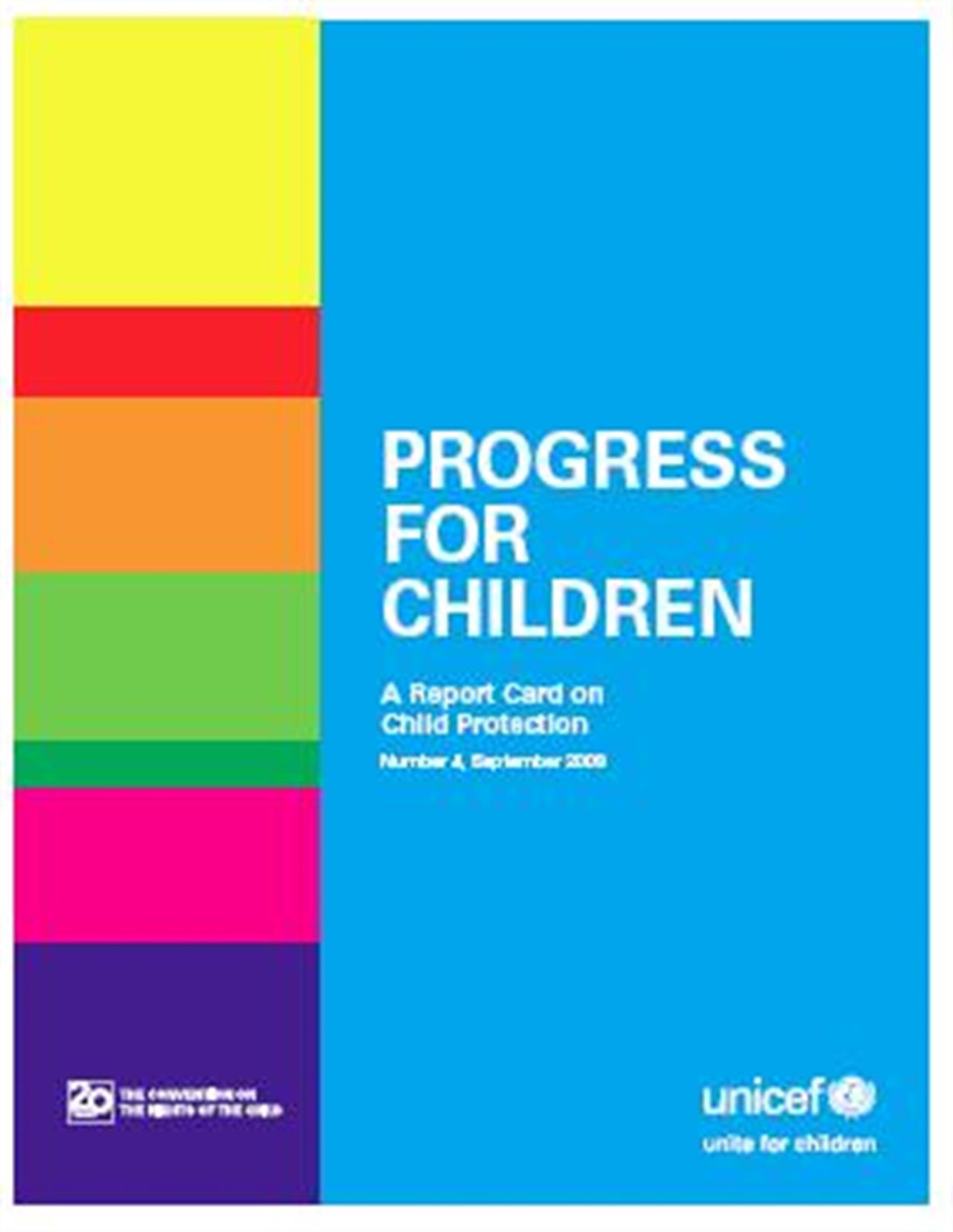Non profit
UNICEF: 69% of Macedonian children mistreated
Children in Macedonia are more exposed to violence than their peers in Albania, Montenegro and Bosnia and Herzegovina.

Physical and psychological punishment of children remains a wide-spread phenomenon in Macedonia. Macedonian children are far more exposed to violence than their peers in Albania, Montenegro and Bosnia and Herzegovina, states the new UNICEF Report “Progress for Children: A Report Card on Child Protection”.
The Report states that 69% of the children in Macedonia between 2 and 14 years of age are exposed to physical and psychological punishment.
One in two children between 2 and 14 years of age has received some forms of physical punishment, although just 7% of parents and caretakers covered by the survey conducted for the purposes of the Report said they consider physical punishment a useful educational method.
“It is impossible to measure the true scope of violence against children because many things are kept secret at home, in the school, in the community and in the institutions – usually by the very adults that were supposed to provide protection to the children”, says Sheldon Yett, UNICEF Representative in Macedonia.
Globally, UNICEF notes that, although some progress was made in terms of reduction of violations of children rights, violence and exploitation remain the cruel reality for many children.
Millions of boys and girls are subject to trafficking. They lack parental care or personal documents that would allow them to go to school or access proper healthcare.
Several other millions of children are forced to work in bad conditions, face violence and abuse in their own homes, schools and communities, at the hands of the very people that were supposed to take care of them.
To read the whole report, click here.
Source: www.oneworldsee.org
Si può usare la Carta docente per abbonarsi a VITA?
Certo che sì! Basta emettere un buono sulla piattaforma del ministero del valore dell’abbonamento che si intende acquistare (1 anno carta + digital a 80€ o 1 anno digital a 60€) e inviarci il codice del buono a abbonamenti@vita.it
